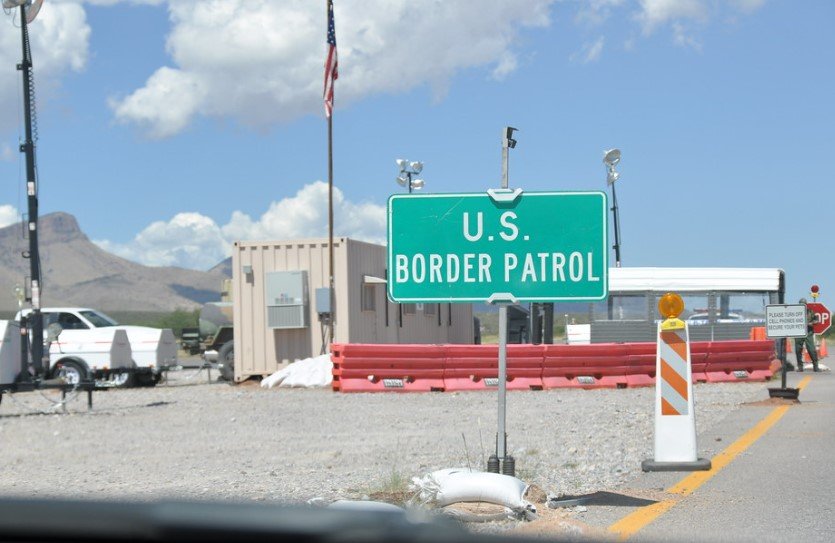Canada and four other key US allies have updated travel advisories, warning citizens about heightened risks of detention or deportation under the Trump administration’s stricter immigration policies.
Allies Sound the Alarm
Five of America’s closest NATO partners — Canada, Germany, the United Kingdom, Denmark, and Finland — are urging their citizens to think twice before traveling to the United States. The latest wave of travel warnings reflects growing unease about the harsh reality facing international visitors at US borders.
For Canada, the advisory highlights potential complications even for travelers with valid visas or ESTA approvals. Canadian officials stress that border officers retain full discretion, meaning no entry is guaranteed. Germany and Denmark went a step further, issuing specific guidance for transgender and nonbinary travelers, advising them to consult US embassies before departure.
It’s an unusual step — and a sign that diplomatic tensions may be simmering beneath the surface.

Tighter Rules, Tougher Scrutiny
The United States has ramped up its immigration enforcement, creating an environment of heightened vigilance at airports and land crossings. Officials say the measures are necessary to protect national security and prevent illegal entry.
But critics argue the crackdown disproportionately affects lawful travelers, ensnaring tourists, business visitors, and even dual citizens in red tape and interrogations.
One key concern:
- Border agents have sweeping authority to deny entry, regardless of pre-approved travel documents.
It’s a stark reminder that having a passport, visa, or ESTA clearance isn’t a free pass anymore.
Vulnerable Groups Face Greater Risks
The situation has raised alarm bells for LGBTQ+ travelers, particularly transgender and nonbinary individuals. US passport rules now require gender markers to match other legal documents — a change that’s sparked confusion and fear.
Germany and Denmark’s travel advisories address these concerns directly. Both countries recommend that vulnerable travelers proactively contact US embassies for personalized guidance, hoping to avoid unexpected confrontations at immigration checkpoints.
Meanwhile, advocacy groups warn that inconsistent enforcement could lead to more travelers being detained — or sent home.
Practical Advice for Travelers
Government officials from Canada and Europe are offering clear, practical advice to citizens heading to the US:
- Double-check documentation: Passports, visas, and travel authorizations must be error-free and up to date.
- Be prepared for extra questioning: Travelers may face detailed interviews on arrival. Some could be asked about their itinerary, employment, or social media presence.
- Contact embassies if needed: Transgender, nonbinary, or otherwise vulnerable individuals should seek tailored advice before departure.
Though the goal is to avoid trouble, there’s no guarantee a traveler will sail through customs — even if everything seems in order.
Diplomatic Tensions Simmer
Behind the scenes, these travel advisories reflect more than just caution. They hint at growing diplomatic friction between Washington and its closest allies.
Canada has been a particularly vocal critic of recent US immigration measures. In a statement, Canadian Foreign Minister Mélanie Joly expressed “deep concern” over how citizens are treated at the border. Germany’s Foreign Office echoed those sentiments, warning that “discretionary entry decisions” leave travelers in an unpredictable — and sometimes precarious — position.
For now, though, it’s unclear how — or if — US officials will respond.
